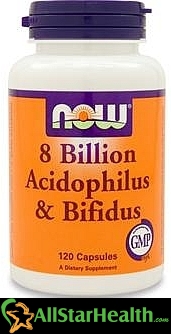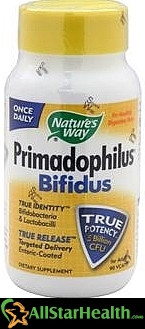Probiotics Lower Cholesterol
Probiotic supplements help to restore a healthy population of beneficial bacteria in your intestines. Probiotics are most commonly used for digestive disorders, less often (but very effectively) for immune system support. They’re among the safest supplements you can use since they never enter the bloodstream and are essentially non-toxic. Recent research suggests that probiotics can lower cholesterol, too.
Most people with high-cholesterol, or at least those who take the time to examine all their options, prefer to either not to use cholesterol drugs at all or reserve them as a last resort due to their side-effects and cost. Unless your doctor advises otherwise, this is a reasonable approach for most people since there are so many cholesterol-lowering dietary and lifestyle factors to exploit first.
In terms of nutritional supplements that people use, among the most-recommended red yeast rice, fiber, niacin, Sytrinol and fish oil. Co Q-10 and vitamin E are used also, but not to lower cholesterol as much as help protect against the harmful effects of LDL cholesterol oxidation.
Research suggests that probiotics can in fact help lower cholesterol too, although at this time the research is insufficient to provide us with a dose-effect relationship. Like the other top cholesterol-reducing nutrients, some trial-and-error may be necessary before the best result are obtained. The trial-and-error involves using your chosen supplement consistently over the course of a few weeks or months, during which time you and your doctor arrange for regular cholesterol blood tests to evaluate the effectiveness of the nutrient and the dose.
The research suggests that bifido bacteria species, residing predominantly in the large intestine, are responsible for the cholesterol-lowering effects of probiotics. So if you wish to try using a probiotic for cholesterol support, use one of the multi-species blends that includes bifidus organisms, not an acidophilus-only product. But you can use any probiotic in combination with any of the other cholesterol-support nutrients, and may find that you get the best results when you do so. But be sure to work with your doctor since you’ll need his or her help in evaluating how effective your chosen approach is.





